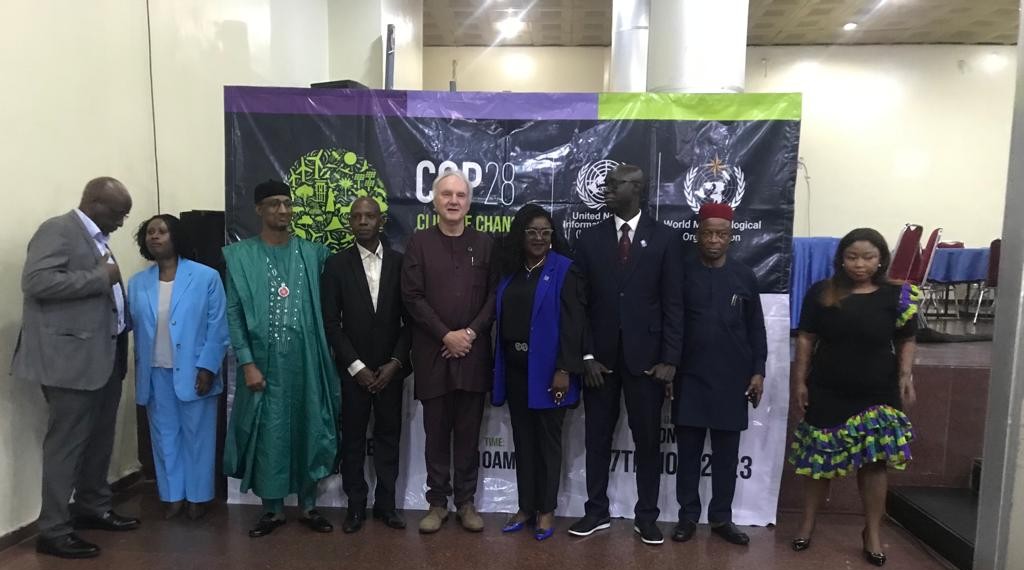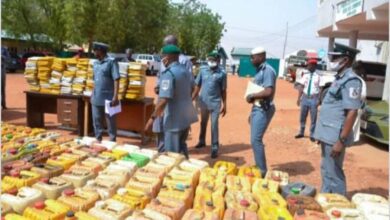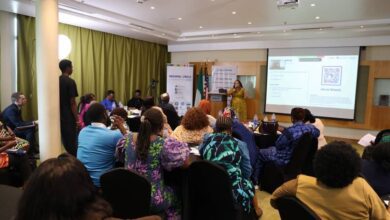Joint Action Needed To Tackle Climate Change Threat -WMO, Others

World Meteorological Organisation (WMO), the United Nations(UN), and the Nigerian Metrological Agency (NiMet) have called for joint action to tackle the negative impacts of climate change saying, it is a threat to the stability of nations.
The trio made the call on Monday at a media sensitization Workshop for journalists on Climate Change and COP28 in Abuja.
The Head of WMO, Prof. Petteri Taalas, in his opening remarks noted that the occurrence of unprecedented heavy rainfall events leading to devastating floods and rising sea levels was not only affecting the environment but also social, economic, and political aspects.
Taalas who was represented by the WMO Representative for North Central, and West Africa, Bernard Gomez, stated that the high-impact weather events were causing natural disasters with far-reaching consequences.
According to him, “The impacts of climate change are no longer distant threats; they are unfolding before our very eyes, affecting every corner of the globe and Nigeria is not an exception. We are witnessing unprecedented heavy rainfall events leading to devastating floods, and rising sea levels threatening coastal communities.
“These impacts are not just environmental; they are profoundly social, economic, and political, exacerbating existing inequalities and threatening the stability of nations.
“These events, with cascading effects, result in significant economic losses, displacement of people, and the destruction of livelihoods and communities,” he said.
While quoting the World Economic Forum’s projections for the 2023-2033 period, he noted that four of the ten most pressing global risks were related to climate change.
Taalas who stressed the role of the WMO in providing real-time and non-real-time data on Earth’s atmosphere and water resources, highlighted, its significance for accurate climate system forecasts.
He also traced the history of climate conferences initiated by the WMO, leading to the establishment of key organizations like the Intergovernmental Panel on Climate Change (IPCC), the United Nations Framework Convention on Climate Change (UNFCCC), and the Global Framework for Climate Services (GFCS).
Highlighting the upcoming UN climate change conference, COP28, in Dubai from November 30 to December 12, 2023, Prof. Taalas emphasized its pivotal role in securing increased commitments from nations to address the climate crisis.
He underscored the urgency of global cooperation, referring to the Early Warning for All Initiative declared during COP27 by UN Secretary-General Antonio Guterres.
Furthermore, the Professor said the role of media in addressing climate change cannot be overemphasized.
He added that journalists play a key role in information sharing and accountability, bridging the gap between governance and communities.
On his part, the UN Resident Coordinator (RC) Matthias Schmale who cited the 2022 staggering statistics of flood-related destructions and casualties, highlighted the severe impact of climate change in Nigeria.
According to Schmale, “The risks and impacts of climate change can be significantly reduced by lowering greenhouse gas emissions in order to keep global temperature increases below preindustrial levels.
“To meet this goal, emissions must fall by 45% in 2030 compared to 2010 levels. However, on the current trajectory, they are set to rise by 9%. We are falling well short of our target. And we are failing the most vulnerable people on the planet,” he said.
He said the UN is firmly committed to supporting Nigeria’s climate change efforts.
The Resident Coordinator urged the media to provide accurate information amid widespread misinformation and disinformation.
Schmale emphasized the responsibility of the media to report facts, explain the science, and outline the consequences of climate change for Nigerians.
He advocated for a solutions-focused approach to reporting, emphasizing the positive strides made in green energy use and innovations.
The Director General of NiMet, Prof. Mansur Matazu said, a social justice perspective, highlighting the vulnerability of third-world countries contributing minimally to global emissions.
He stressed the need for localized solutions based on local evidence of climate change.
“As the world grapples with the unfolding climate crisis, the role of the media, global cooperation, and local solutions are paramount.”
“The urgency to act is underscored by the alarming warnings from experts, emphasizing that time is running out for humanity to succeed in averting the impending environmental catastrophe”, he said.






